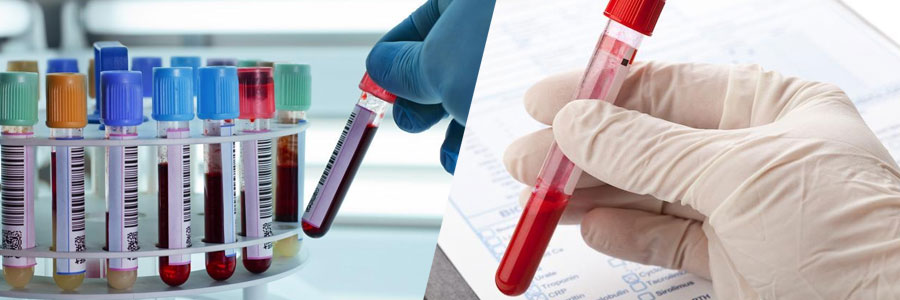blood investigations

Blood investigations, also known as blood tests or blood work, are medical procedures that involve analyzing a sample of blood to assess various aspects of a person's health. These tests provide valuable information about the functioning of organs and systems within the body, aiding in the diagnosis, monitoring, and management of diseases and medical conditions.
Here's an overview of common blood investigations:
Complete Blood Count (CBC):
- Measures the quantity and quality of different blood cell types, including red blood cells (RBCs), white blood cells (WBCs), and platelets.
- Provides information about hematological disorders, anemia, infections, and immune system function.
Basic Metabolic Panel (BMP):
- Includes tests to assess electrolyte levels (such as sodium, potassium, chloride), kidney function (creatinine, blood urea nitrogen), and glucose levels.
- Helps diagnose and monitor conditions such as electrolyte imbalances, kidney disease, and diabetes.
Comprehensive Metabolic Panel (CMP):
- Expands upon the basic metabolic panel by including additional tests such as liver function tests (alanine aminotransferase - ALT, aspartate aminotransferase - AST, alkaline phosphatase - ALP, bilirubin).
- Provides information about liver function, kidney function, glucose metabolism, and electrolyte balance.
Blood Chemistry Tests: Includes various tests to assess specific substances or enzymes in the blood, such as:
- Serum electrolytes (sodium, potassium, chloride, bicarbonate)
- Liver enzymes (ALT, AST, ALP, bilirubin)
- Kidney function markers (creatinine, blood urea nitrogen)
- Blood glucose levels
Blood Cultures:
- Tests for the presence of bacteria or fungi in the bloodstream.
- Used to diagnose bloodstream infections (bacteremia or fungemia) and guide appropriate antibiotic therapy.
